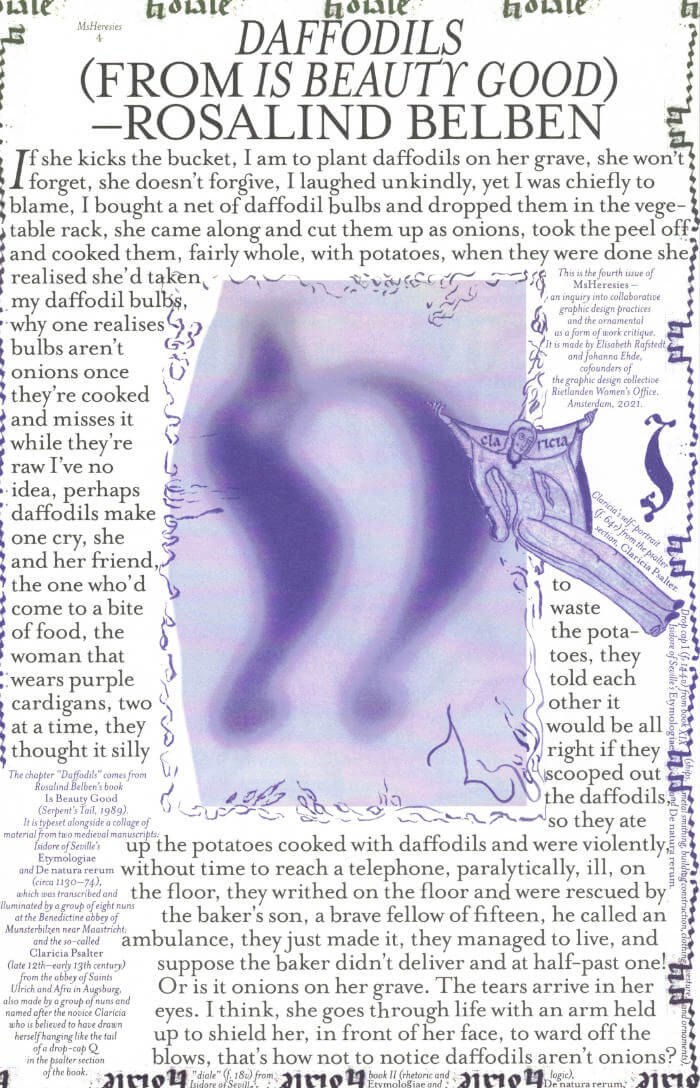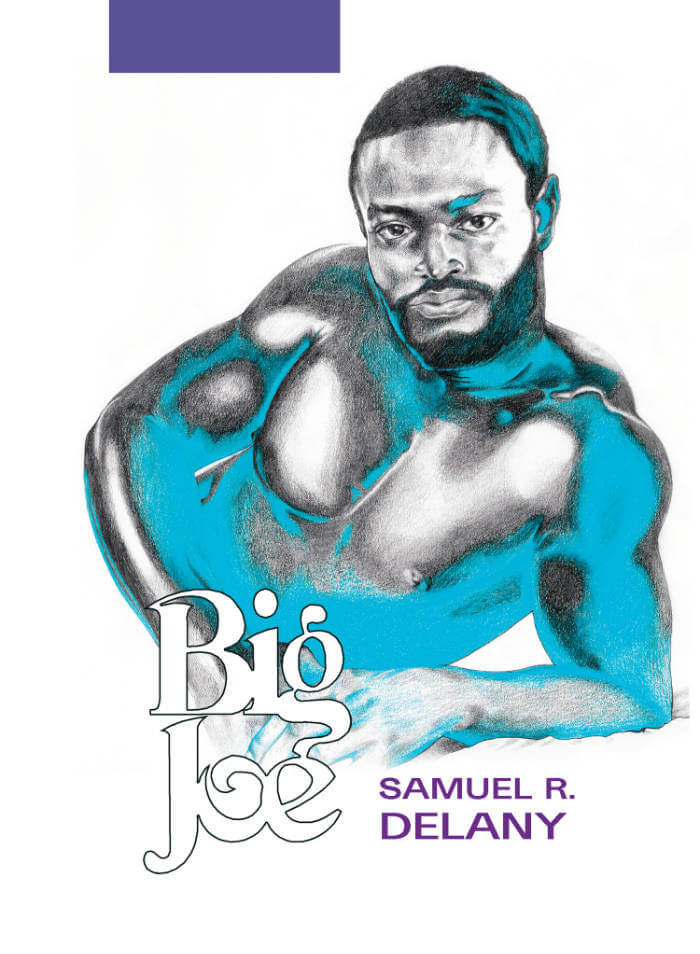A chance encounter with two older fellows at the movie theater has the young vagabond Ligie on his way to Lot-8, a trailer park down the road with an unconventional local reputation. There, Ligie meets Big Joe and his extended Lot-8-family: a tight-knit community of freaks all sectioned together by the landlord at the outskirts of town.
Weaving together colorful characters and outright carnal debauchery, BIG JOE is a radical pastoral of community, desire, and the strangeness of knowing one another.
Featuring color illustrations by Drake Carr and Sabrina Bockler.
Cover illustration by Drake Carr
Samuel R. Delany is the author of numerous books and novels, including the Nebula Award-winning Babel-17 and The Einstein Intersection, as well as Nova (now in a Library of America anthology) and Dhalgren. His 2007 novel Dark Reflections won the Stonewall Book Award. Other erotic novels include Equinox, Hogg, The Mad Man, Throu gh the Valley of the Nest of Spiders, and Shoat Rumblin. Delany was the subject of a 2007 documentary, The Polymath, by Fred Barney Taylor, and he has written a popular creative writing textbook, About Writing. He is the author of the widely taught Times Square Red/Times Square Blue and numerous books of essays; his book-length autobiographical essay, The Motion of Light in Water, won a Hugo Award in 1989. As e-books, paperbacks, or audiobooks, his works are available through his website at: www.samueldelany.com






